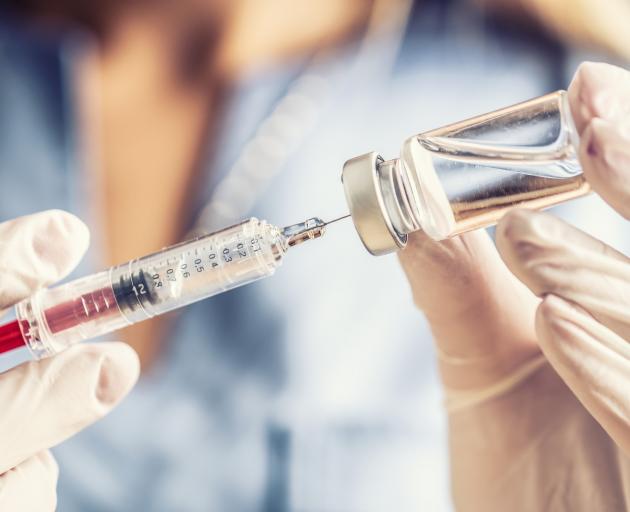
People should also remain optimistic about their chances of avoiding infection if they take precautions, a University of Auckland academic has said.
Nationally, Covid-19 cases in the community continued to climb through the weekend.
Yesterday, there were 14,941 cases reported and 305 people in hospital and five in intensive care.
One person died with Covid but from an unrelated condition.
On Saturday, there were 13,606 new cases.
The number of new cases in Otago and Southland dropped from 867 on Friday to 505 on Saturday and 532 yesterday.
Health authorities have said the vaccine booster is key to improving immunity defences against the Omicron variant of Covid-19.
The proportion of people in the South aged 18 and above who were eligible to get their booster and had done so had risen to 74.3% by yesterday.
People continued to get their booster shots, and some first and second vaccine doses, at the Te Kaika vaccination centre in Victoria Rd, Dunedin, through the weekend.
Testing station site leader Mariana Dean said it was busy yesterday morning.
The site ran out of rapid antigen tests for about an hour on Saturday, but the supply was quickly replenished.
Today is the second anniversary since New Zealand’s first Covid-19 case was reported.
From today, people can also return from Australia and isolate at home for seven days, instead of needing to stay in managed isolation and quarantine.
Dr David Welch, from the University of Auckland’s centre of computational evolution, urged people not to be fatalistic.
"The majority can avoid being infected during this Omicron wave and we should all do as much as we reasonably can to avoid infection," Dr Welch said.
"Actions we take do help us to stop getting sick and protect our health system and economy."
Dr Welch listed such actions — wearing masks, getting tested, people staying home if they have symptoms, avoiding poorly ventilated indoor spaces and delaying large gatherings until later in the year.
"Getting vaccinated and boosted, and making sure our children are vaccinated helps enormously," Dr Welch said.
"Even household contacts of a case are not certain to get infected if basic precautions are taken.
"Most people who live with someone with Covid-19 can avoid becoming infected.
"There is huge value to individuals and the broader community in avoiding infection."












